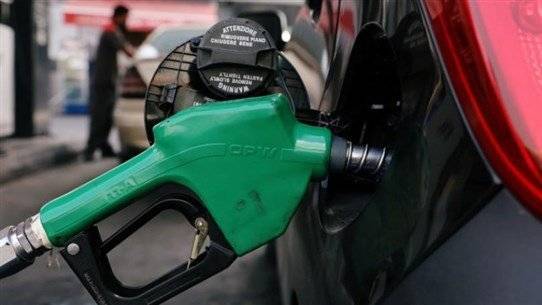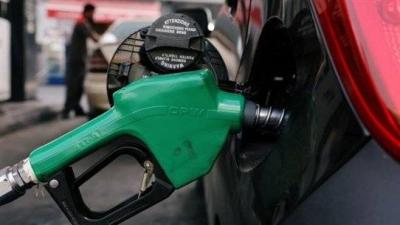The price of gasoline has turned into a daily nightmare for the Lebanese, who now anxiously track its daily increases. This situation arose after the Lebanese central bank abandoned its subsidized fuel pricing policy, which provided gasoline at a rate set by the "Sayrafa" platform—an intermediary price between the official dollar rate and the black market rate. As a result of the financial crisis that has been affecting the country since late 2019, government subsidies on essential commodities have been automatically reduced, finally ceasing for fuels at the beginning of this week.
Gasoline, considered an essential commodity worldwide and in Lebanon, has drastically changed the lifestyle of Lebanese citizens, making transportation a luxury only for affluent families. Despite the many facets of the crisis, the aspect related to fuel is the most harsh; citizens rely on cars daily, especially in the absence of public transport. This crisis, which started gradually, intensified dramatically in the past week, with daily price hikes for gasoline reaching 20,000 L.L. as the dollar rate approached 38,000 L.L., leading fuel prices to near 700,000 L.L. as per the schedule released by the Ministry of Energy yesterday.
Recent statistics indicated that gasoline consumption dropped to 281 tanks daily in 2022, a decrease of 47,000 tanks, or 14.3% compared to 2021. However, the reality on the ground is even more tragic; the common denominator among all Lebanese is a change in their lifestyle. Sarah, a public sector employee, notes that what used to be an affordable car outing for families or friends is now a scenario that requires significant planning. Even with the assistance provided to public sector employees, it is insufficient for basic needs.
Sarah, who sold her car, complains about the high taxi fares amid the complete absence of public transport in rural areas. Clara, who never considered leaving her mother's side to live alone in Beirut, has rented a small apartment near her job to save on gasoline; the journey from ساحل علما to Beirut is lengthy. She states, "Many things in my life have changed, and the worst part is that we now calculate everything, to the point that I don't use my car for days and walk to work."
With the daily rise in fuel prices, anxiety has become a constant companion for the Lebanese, with no end in sight for this crisis that shows no favoritism towards any political party or sect. Joseph, who lives in الكورة and works in سن الفيل, has turned to traveling with friends or using shared transport and taxis, expressing that "the salary now equals the cost of commuting to work." He adds, "Our dreams and ambitions have been stolen, and the worst part is that no solutions are emerging in the near future."
From the north to المتن, the suffering remains the same. Sandra, who lives in برمانا and works in بعبدا, faces similar issues amid the lack of public transport and rising taxi fares, without knowing the extent of the challenges she will encounter in winter.
In contrast to the struggle of citizens or employees with the skyrocketing fuel prices, business owners are facing another form of hardship; unable to keep up with the rising costs of salaries. Consequently, they have resorted to reducing work days and hours. Dalia, the HR manager at a major company in Beirut, states, "Employee shifts have been reduced from five days to three." She continues, "The decision to cut workdays relates directly to fuel costs, which impacts not only employees but also the company itself; this step reduced expenses for transportation and electricity."
It is worth mentioning that reductions in work hours are being implemented in banks and various companies, as well as in the public sector and state institutions, where employees now work only two days a week.
As the crisis deepens, a new phenomenon has emerged: the "tuk-tuk," a vehicle that has become common on all roads and in cities and villages, often replacing public transport and shared transportation that has long been disorganized in Lebanon. Today, it is either nonexistent or its prices are exceedingly high in the absence of oversight and government authority.
Thus, questions arise regarding the fate of the French donation of 50 buses, which could have resolved 80% of the public transport issue. These buses, accepted by the Ministry of Public Works and Transport under Minister Ali Hamieh, have disappeared, and no one knows their whereabouts. There are numerous questions about their fate, especially since communication with Minister Hamieh has proven difficult as his office refused to engage with "Asharq Al-Awsat" for "political reasons." He had previously stated in a press conference at the Port of Beirut during the reception of the French buses on May 23 that "starting next week, in collaboration with Expertise France, we will begin preparing a new legal framework for transport in Lebanon, with the Lebanese state as the regulator and the private sector as the operator; there is no way to enhance the private sector in Lebanon."
However, nearly four months later, the minister has vanished without a trace; no plan has been established, no legal framework for transport, no oversight, no buses, and no standardized prices amid the daily rise in fuel prices.




